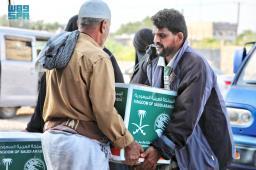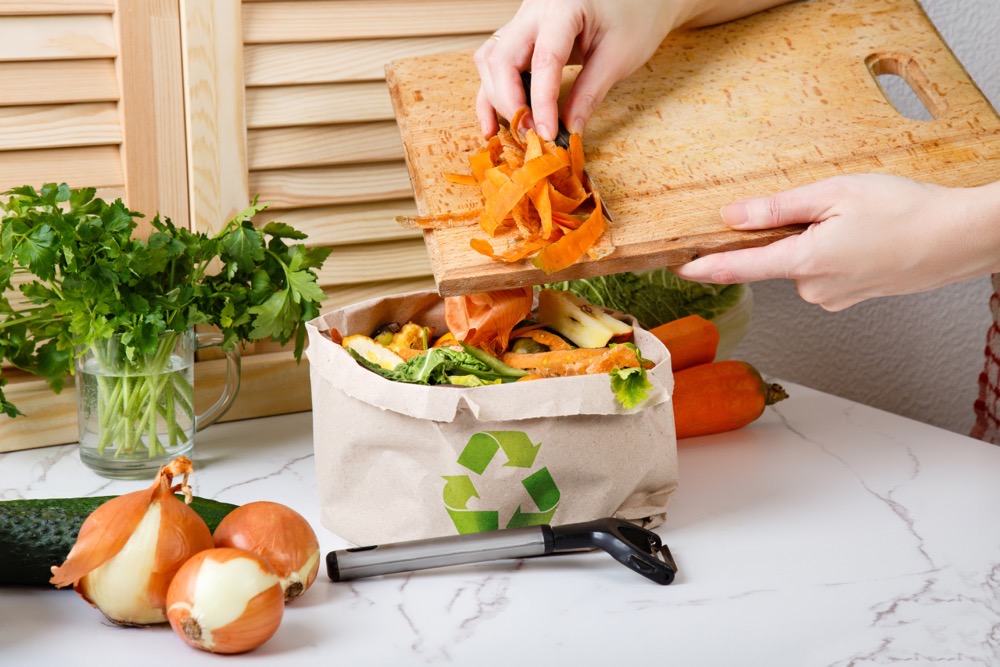RIYADH: Seven ancient and modern wonders of the Arab world are expected to get a surge in global recognition as a major campaign prepares to get underway.
Organized by the foundation that led the campaign to name the Colosseum, Taj Mahal, Petra and others as the new seven wonders of the world in 2007, the Seven Arabian Wonders of the World project aims to recognize the accomplishments of Arab civilizations past and present.
The Zurich-based New7Wonders Foundation has now invited Arab states to bid for the exclusive rights to host the campaign, which is expected to take place by the summer of 2025.
Some of the architectural and engineering marvels poised to qualify include the Burj Khalifa in Dubai, the World Trade Centre in Bahrain, Riyadh’s futuristic King Abdullah Petroleum Studies and Research Center designed by Zaha Hadid, and I.M. Pei’s Museum of Islamic Art in Qatar.
New7Wonders founder Bernard Weber believes these “modern monuments” deserve to be honored alongside equally remarkable achievements of ancient Arab civilizations: AlUla (Saudi Arabia), the Old City of Sanaa (Yemen), the Samarra Tower (Iraq), and reaching as far as the Alhambra Palace (Spain).
“The Arab world is in the midst of a remarkable renaissance that has witnessed the construction of a series of extraordinary landmarks. These kinds of modern world wonders are the product of an evolving Arab civilization that is confidently projecting itself to the world in a bold and dynamic way,” he told Arab News.
Weber is confident that this latest chapter of his “wonders” movement will generate a significant wave of international enthusiasm and recognition.
“Our 7 Wonders of the Arabian World campaign will draw attention to not only the pathbreaking architectural and engineering wonders of a modern Arab world, but will also connect them symbolically to those of an ancient Arab civilization that should stand proudly alongside that of the Greeks and Romans,” Weber told Arab News.
“Arabian culture and its impact on humanity has not been properly recognized and celebrated in comparison with Greek, Roman, Chinese and other great cultures of the past.”
According to Weber, the event has the potential of generating more than $1 billion in tourism, branding and ancillary revenue to the host nation.
Weber’s original campaign to choose seven new world wonders
The Arab Wonders campaign is expected to build on the success of Weber’s landmark 2007 N7W competition that invited the public to choose from 400 historic structures from all over the world that led to more than 100 million ballots being cast between 2005 and 2007.
The final tally resulted in the proclamation of a new set of seven world wonders: Chichen Itza, The Great Wall of China, Machu Picchu, Petra, the Roman Colosseum, the Statue of Christ Redeemer, and the Taj Mahal.
The campaign fulfilled Weber’s dream of a democratic, worldwide vote that served as a long overdue revival of Herodotus’ ancient Greek concept of the Seven Wonders of the Ancient World — declared in the fifth century B.C. — of which only the Pyramids of Giza are still standing.
Apart from reviving the ancient Greek “world wonders” classification, Weber also had the underlying goal of driving renewed efforts to preserve and protect those leading examples of human civilization.
His faith was rewarded in the wake of the original 2007 world wonders declaration, after which many countries responded by undertaking badly-needed restoration work on their national treasures while promoting popular awareness and pride in their nations’ collective heritage.
China and the other countries where the new seven wonders are situated have all experienced a huge boost in tourism since joining New7Wonders movement. A case study by Pearson UK estimated that the net worldwide economic effect of New7Wonders exceeds $5 billion owing to the “Wonder Effect” on tourism as well as on national marketing and brand value generation.
The follow-up 2011 campaign enjoyed a similar level of spectacular success — with 600 million online votes cast. This is why Weber believes that the Seven Arab Wonders vote could well exceed the billion mark.
Today, the enormous impact of global social media interactive platforms such as TikTok and Instagram as well as YouTube will further energize the voting and campaigning for the Seven Arab Wonders “in a way that Herodotus could never have imagined,” Weber said.
An official declaration ceremony was held in 2007 in front of 60,000 spectators at the Benfica Stadium of Light in Lisbon, Portugal on July 7, 2007, or “7/7/7” day, a date chosen by Weber for its numerical affinity to the New7Wonders concept.
The star-studded event was headlined by Portuguese football legend Cristiano Ronaldo and Apollo astronaut Neil Armstrong, and featured performances by pop star Jennifer Lopez and operatic tenor Jose Carreras.
The ceremony was simulcast on TV networks on all continents and streamed online (a pioneering moment in broadcasting) to a global audience of more than one billion spectators.
‘Wonder Markers’ first unveiled at Expo 2020 Dubai
In 2022, the New7Wonders Foundation demonstrated its commitment to the Arab region when it took part in the Expo 2020 Dubai as an official participant. This historic event served as an ideal moment for Weber and his long-time N7W director Jean-Paul de la Fuente to unveil a series of symbolic “Wonder Markers” that were prepared specifically for the Expo.
The first of these almost three-meter signposts was installed and unveiled by De la Fuente in 2023 at the Huangyaguan Great Wall in China, featuring six panels pointing out the precise distance and geographical direction of the other world wonders.
“China was the first nation to install our permanent Wonder Marker. This served as unique recognition of the New7Wonders as a global brand promoting their most precious icon, the Great Wall, that would now be connected to six other ‘wonders’ across our planet,” De la Fuente explained.
Weber — an abiding passion for art and architecture
While living in Montreal, Canada in the late 1990s, Weber began formulating the elements of his New7Wonders project. He originally became fascinated by architecture while growing up in Switzerland where he was raised by his single mother Heidi, an ambitious entrepreneur.
She became famous in the late fifties for persuading the legendary Swiss architect Le Corbusier to allow her to revive, reconfigure and relaunch the series of four modernist furniture designs — including the fabled chaise longue — that he first conceived in 1927.
On the day of this interview, the 61-year-old Weber — a champion freestyle skier as a teenager who later scaled the Matterhorn — was relaxing on one of the original Le Corbusier chaise longues that rolled off his mother’s assembly line in the late fifties.
Weber has long cultivated a passion for art, aviation and film.
After serving as Donald Sutherland’s double in Federico Fellini’s “Casanova,” (“I was the only one who Fellini could find that was as tall as Sutherland,” Weber recalled) he decided to get behind the camera, making his directorial debut with the award-winning feature film “Hotel Locarno” in 1978.







































